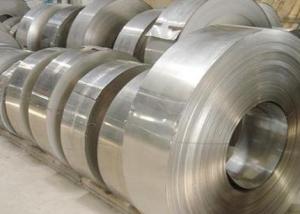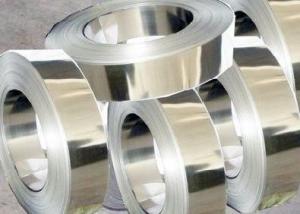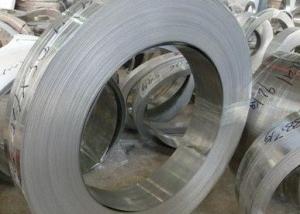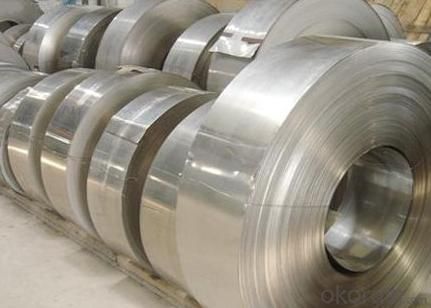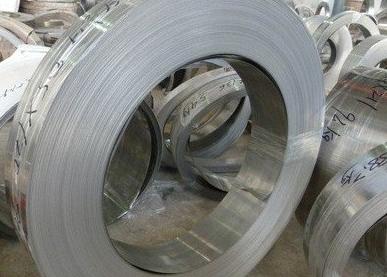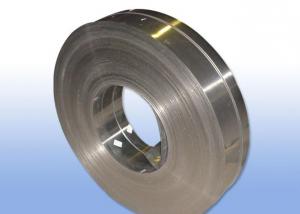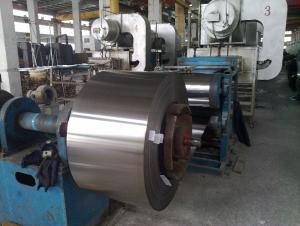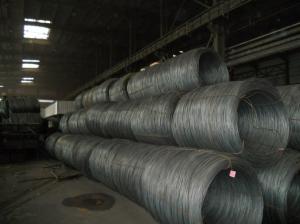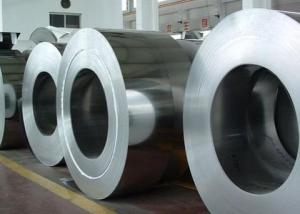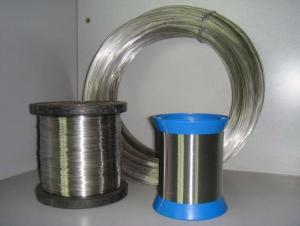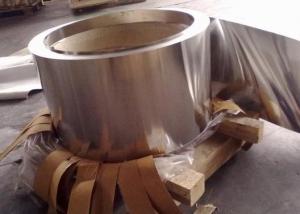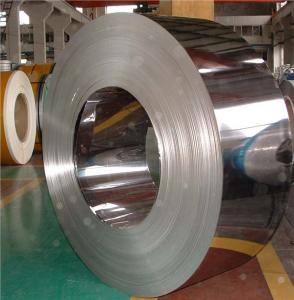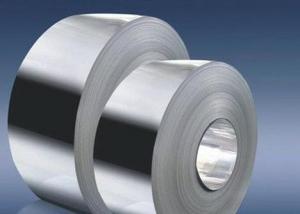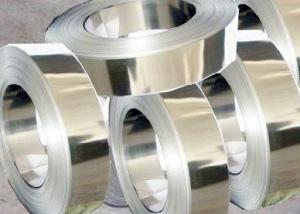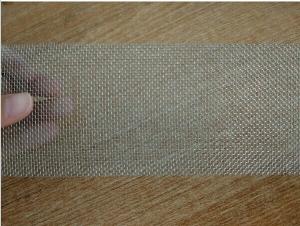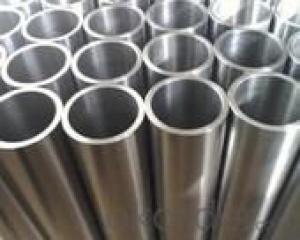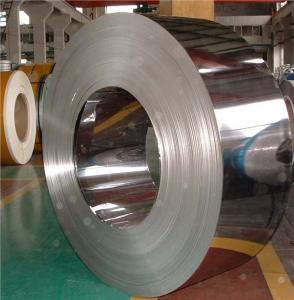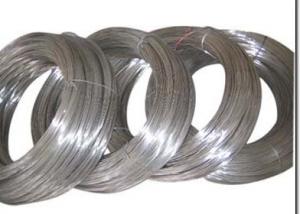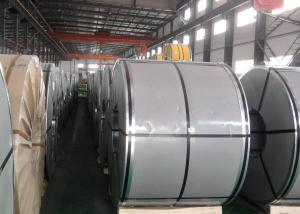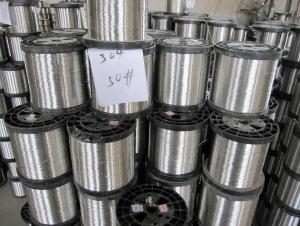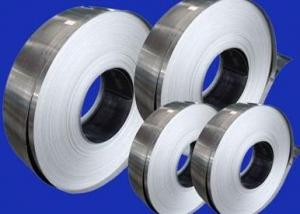316L Stainless Steel Strips
- Loading Port:
- China Main Port
- Payment Terms:
- TT or LC
- Min Order Qty:
- 1 Ton m.t.
- Supply Capability:
- 2000 Tons Per Month m.t./month
OKorder Service Pledge
OKorder Financial Service
You Might Also Like
316L Stainless Steel Strips
1. Chemical composition
|
C |
Si |
Mn |
P |
S |
Ni |
Cr |
|
Max0.03 |
max1.00 |
max2.00 |
max0.045 |
max0.03 |
10.00-14.00 |
16.00-18.00 |
2. Mechanical properties
|
Yield Strength |
Tensile |
Elongation |
Hardness (HV) |
Hardness (HRB) |
|
≥175 |
≥480 |
≥40 |
≤200 |
≤90 |
3. Standard: AISI, ASTM, GB, EN, DIN, JIS
4. Surface: 2B, NO.1, BA, NO.4, Hairline, SB, Mirror finish, Anti-skid, Cherkered etc.
5. Size: Thickness: 0.3-3mm (cold rolled), 3-40mm (hot rolled)
Width: 18-600mm.
Length: As customers' request.
6. MOQ: 1 Ton
7. Payment terms: T/T or L/C
8. Packing: Seaworthy package with wooden or Iron pallets with the paper and the steel strip, or as customers' request.
9. Delivery time: Usually about 7 days after we confirming the order, or according to your quantity.
If you have any question or demand, pls feel free to contact me.
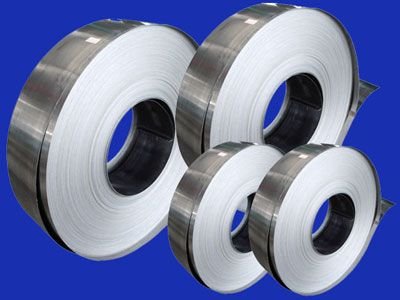
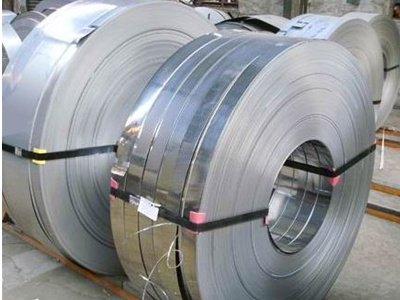
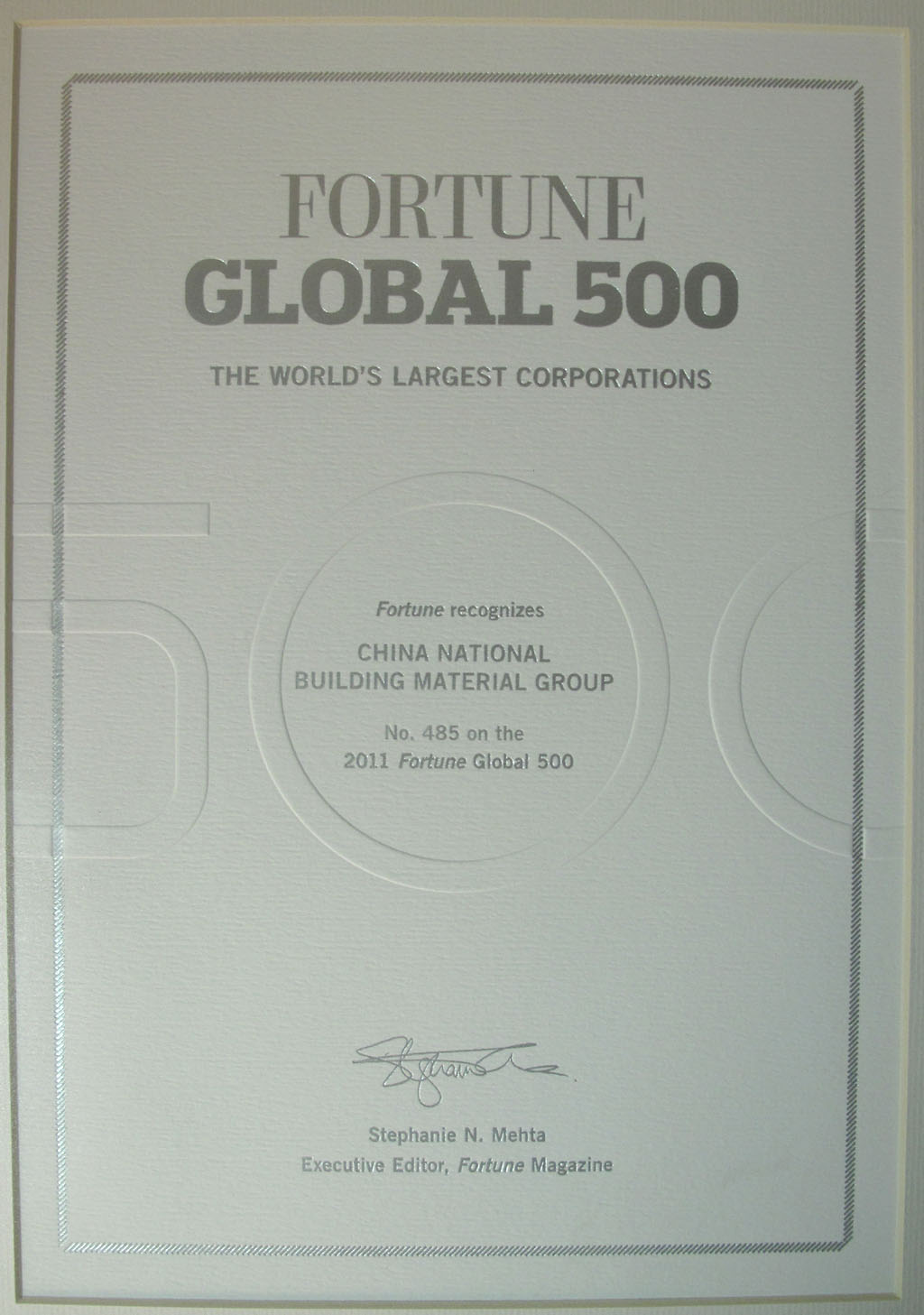
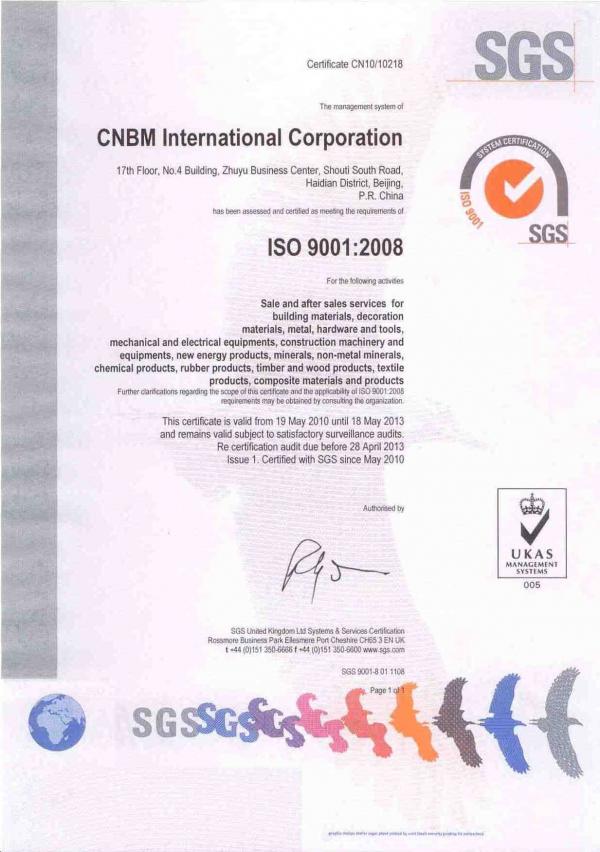
- Q: Can stainless steel wire be used for wire mesh?
- Wire mesh can indeed be made from stainless steel wire. This material is widely utilized for wire mesh because of its remarkable resistance to corrosion, durability, and strength. It is suitable for a variety of purposes including filtration, screening, fencing, and reinforcement. Stainless steel wire mesh is renowned for its ability to endure harsh environments, high temperatures, and chemical exposure. Moreover, it boasts a smooth surface that simplifies cleaning and maintenance. Consequently, stainless steel wire is a favored option for wire mesh owing to its exceptional qualities and versatility.
- Q: Can stainless steel wire be used for wire screens?
- Yes, stainless steel wire can be used for wire screens. Stainless steel is commonly used for wire screens due to its durability, resistance to corrosion, and ability to withstand high temperatures. It is an ideal material choice for applications that require strong and long-lasting wire screens, such as in industrial settings or for insect screens.
- Q: What are the different types of stainless steel wire used in food processing applications?
- There are several types of stainless steel wire commonly used in food processing applications. These wires are chosen for their corrosion resistance, durability, and ability to withstand high temperatures. 1. 304 Stainless Steel Wire: This is the most common type of stainless steel wire used in food processing. It is highly corrosion resistant and can withstand exposure to acidic and alkaline substances commonly found in food processing environments. It is also resistant to oxidation and has good strength and ductility. 2. 316 Stainless Steel Wire: This type of stainless steel wire is often used in more corrosive food processing environments, such as those that involve saltwater or acidic ingredients. It contains higher levels of chromium and nickel, which provide increased resistance to corrosion. 316 stainless steel wire is also heat resistant and has good mechanical properties. 3. 430 Stainless Steel Wire: This type of stainless steel wire is commonly used in applications where corrosion resistance is not as critical, such as in dry food processing environments. It is less expensive than 304 or 316 stainless steel wire and has good formability and magnetic properties. 4. 17-7 PH Stainless Steel Wire: This type of stainless steel wire is used in food processing applications where high strength and corrosion resistance are required. It has good mechanical properties and can withstand high temperatures. 17-7 PH stainless steel wire is often used in applications such as conveyor belts and screens. 5. Nitronic 60 Stainless Steel Wire: This type of stainless steel wire is known for its high strength and excellent corrosion resistance. It is often used in food processing applications that involve high levels of stress, such as in food cutting or slicing machinery. Overall, the choice of stainless steel wire for food processing applications depends on the specific requirements of the application, such as the level of corrosion resistance needed, the operating temperature, and the mechanical properties required.
- Q: What are the different types of stainless steel wire springs used in the automotive industry?
- In the automotive industry, various types of stainless steel wire springs are commonly utilized. These springs play a vital role in ensuring the smooth operation of mechanical components by providing support, flexibility, and resilience. The automotive industry frequently employs the following stainless steel wire springs: 1. Compression Springs: The most commonly used spring type in the automotive industry is the compression spring. These springs are designed to withstand compression forces and are commonly found in suspension systems, engine valves, and braking systems. 2. Torsion Springs: Torsion springs generate rotational forces or torque. They are commonly utilized in automotive door handles, hinges, and suspension systems to provide the necessary resistance against rotational movement. 3. Extension Springs: Designed to resist stretching forces, extension springs find their application in automotive components such as seat belts, hood latches, and trunk hinges. They provide the required tension to secure various parts in place. 4. Constant Force Springs: Due to their ability to deliver a consistent force throughout their entire range of motion, constant force springs are widely employed in the automotive industry. These springs can be found in fuel injection systems, throttle control mechanisms, and HVAC systems. 5. Wave Springs: When limited space necessitates a high load capacity, wave springs come into play. They are frequently used in automotive valves, clutch mechanisms, and shock absorbers. 6. Belleville Washers: Also known as conical or disc springs, Belleville washers are utilized in automotive applications requiring a high level of spring force within a confined space. These springs can be found in automotive clutches, transmissions, and braking systems. Each of these stainless steel wire springs possesses unique properties and characteristics that make them suitable for specific automotive applications. The selection of the appropriate spring type depends on factors such as load requirements, space limitations, durability, and cost-effectiveness.
- Q: Can stainless steel wire be used for making wire sculptures?
- Yes, stainless steel wire can be used for making wire sculptures. Stainless steel wire is a popular choice for sculptors due to its durability, strength, and resistance to corrosion. It is malleable and can be easily shaped into various forms and intricate designs. Additionally, stainless steel wire comes in different thicknesses, allowing artists to create sculptures of various sizes and levels of intricacy. Its smooth and shiny finish also adds a visually appealing element to wire sculptures.
- Q: What is the corrosion resistance of stainless steel wire?
- Due to its composition and unique properties, stainless steel wire demonstrates exceptional resistance to corrosion. Its ability to resist rusting or tarnishing is attributed to the presence of chromium, which forms a protective layer known as the passive layer on the wire's surface. The corrosion resistance of stainless steel varies depending on the amount of chromium present. Higher chromium content results in stronger resistance to corrosion. Additionally, stainless steel wire may also contain other alloying elements like nickel, molybdenum, or titanium, further enhancing its corrosion resistance. Stainless steel wire is highly resistant to various corrosive environments, including moisture, chemicals, and saltwater. This makes it suitable for critical applications in marine environments, chemical processing plants, and food processing facilities, where corrosion resistance is crucial. Moreover, stainless steel wire can endure extreme temperatures, both high and low, without compromising its corrosion resistance. This versatility allows it to be utilized across a wide range of industries and applications. It is important to note that although stainless steel wire is highly resistant to corrosion, it is not entirely immune. Factors such as the environment, exposure time, and the presence of corrosive substances can still impact its performance. Regular maintenance and proper handling are necessary to ensure the longevity and sustained corrosion resistance of stainless steel wire.
- Q: What are the standard spool sizes for stainless steel wire?
- The standard spool sizes for stainless steel wire vary depending on the specific application and manufacturer. However, common spool sizes for stainless steel wire range from 1 lb (0.45 kg) to 1000 lbs (453.5 kg) or more.
- Q: Is stainless steel wire resistant to abrasion?
- Yes, stainless steel wire is resistant to abrasion. Stainless steel is a highly durable and robust material that offers excellent resistance to wear and tear. Its unique composition, which includes chromium and nickel, provides stainless steel with superior corrosion resistance and high strength. This makes stainless steel wire highly resistant to abrasion caused by friction, rubbing, or scraping against other surfaces. Stainless steel wire is commonly used in various applications such as fencing, construction, automotive, and marine industries, where its abrasion resistance is essential for withstanding harsh conditions and extending the lifespan of the wire.
- Q: Can stainless steel wire be used outdoors?
- Yes, stainless steel wire can be used outdoors. Stainless steel is highly resistant to corrosion, making it suitable for various outdoor applications. It can withstand exposure to moisture, sunlight, and extreme temperature conditions without rusting or deteriorating. Stainless steel wire is commonly used in outdoor structures like fences, railings, and garden trellises. It is also used for outdoor electrical wiring, marine applications, and outdoor furniture. The durability and longevity of stainless steel wire make it an excellent choice for outdoor use.
- Q: What are the different wire straightness options available for stainless steel wire?
- Stainless steel wire offers several options for straightness, depending on the specific requirements of the application. 1. For applications that prioritize flexibility, soft temper stainless steel wire is the go-to choice. This option provides the least amount of straightness and finds common use in industries like jewelry making and arts and crafts. 2. If a balance between flexibility and rigidity is needed, quarter-hard temper stainless steel wire is a suitable option. This temper choice offers a moderate level of straightness and is commonly employed in medical devices, springs, and electrical components. 3. In applications that demand a higher level of straightness, half-hard temper stainless steel wire is often utilized. This temper option strikes a balance between flexibility and strength, making it ideal for mechanical components and fasteners. 4. For maximum rigidity and strength, full-hard temper stainless steel wire is the preferred option. Offering the highest level of straightness, this type of wire is commonly found in industries like aerospace, automotive, and construction. In addition to the temper options mentioned, mechanical processes such as drawing or rolling can further enhance the straightness and dimensional accuracy of stainless steel wire. These processes ensure that the wire meets the specific requirements of the application.
1. Manufacturer Overview
| Location | Shandong,China |
| Year Established | 2005 |
| Annual Output Value | Above US$5.3 Million |
| Main Markets | Europe, China |
| Company Certifications | ISO9001:2000 |
2. Manufacturer Certificates
| a) Certification Name | |
| Range | |
| Reference | |
| Validity Period |
3. Manufacturer Capability
| a) Trade Capacity | |
| Nearest Port | Tian Jin |
| Export Percentage | 30% |
| No.of Employees in Trade Department | 40 People |
| Language Spoken: | English;Chinese |
| b) Factory Information | |
| Factory Size: | Above 50,000 square meters |
| No. of Production Lines | Above 8 |
| Contract Manufacturing | OEM Service Offered;Design Service Offered |
| Product Price Range | Average |
Send your message to us
316L Stainless Steel Strips
- Loading Port:
- China Main Port
- Payment Terms:
- TT or LC
- Min Order Qty:
- 1 Ton m.t.
- Supply Capability:
- 2000 Tons Per Month m.t./month
OKorder Service Pledge
OKorder Financial Service
Similar products
Hot products
Hot Searches
Related keywords
